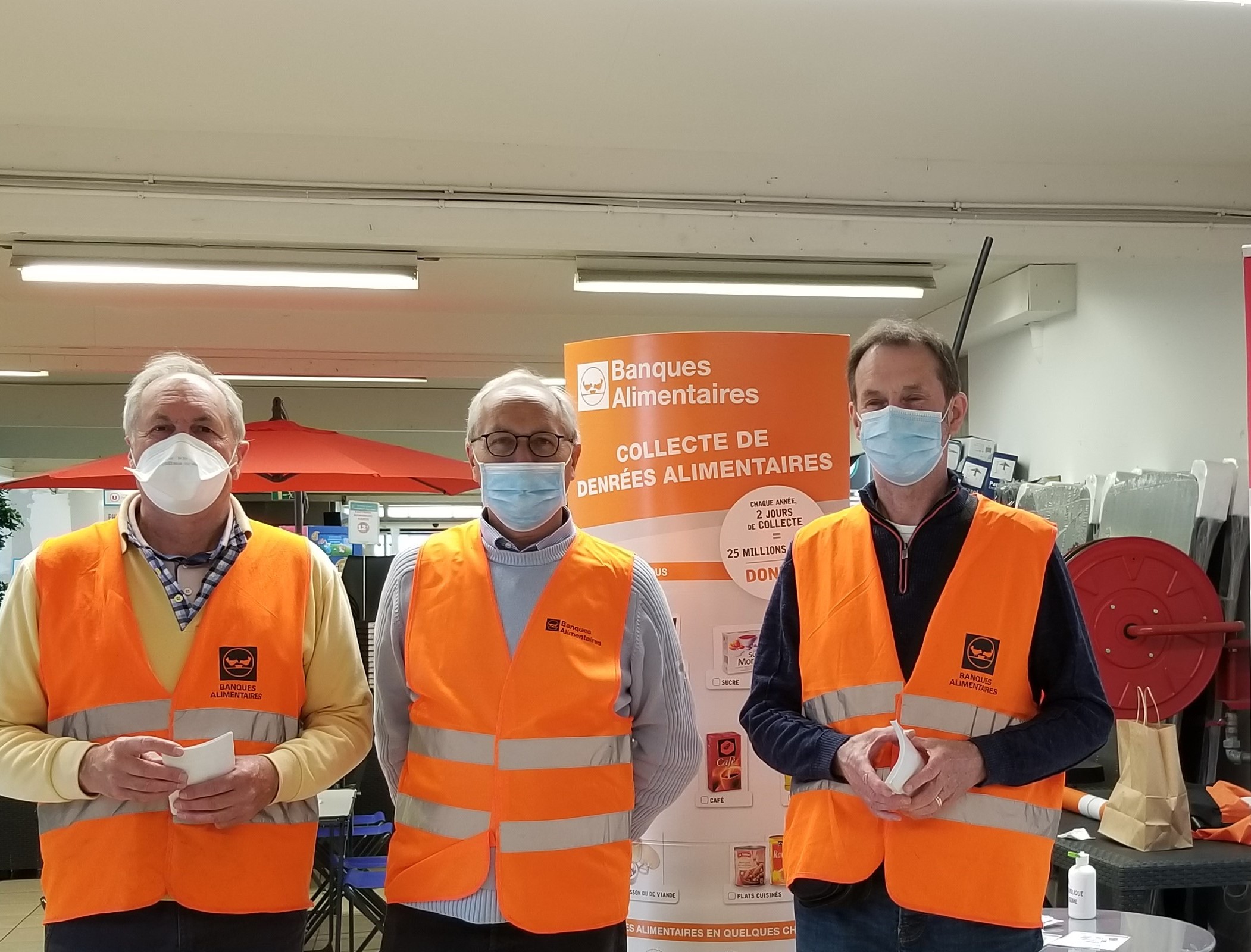After two months of lockdown that saw demand for food aid jump by more than 20%, Food Bank stocks in France like in other countries are at their lowest. Donations from manufacturers and partners limited the damage but collections had to be organized throughout the country in June and July. Sometimes with some originality.
More beneficiaries but fewer volunteers
Fewer volunteers, disorganized stores, less frequent distribution … lockdown has strongly impacted the daily collection of fresh produce. At the same time, the demand for food aid was increasing everywhere in France, forcing the branches to draw heavily on their stocks of dry products. “Since the end of March, we have increased to 30 tons of products distributed each month, an increase of 20% compared to normal”, explains Pierre Buffo, President of the Food Bank of Gers. “At this rate, our stocks of dry and shelf-stable products would be exhausted before the end of the summer. We couldn’t afford to be out of stock “.
As the usual spring collection could not be held in April, an exceptional collection was organized on June 27 and 28. A major communication campaign was carried out locally 3 weeks before the event in order to mobilize as many volunteers as possible and raise awareness among the general public. “We carried 32.45 tons, compared to the usual 35 tons, but with 10 fewer stores. The reception of consumers was very good: there were logically fewer people but very concerned and motivated people”.
As for the volunteers, they also responded “present”, with nearly 200 people on the bridge including 10 drivers. If this mobilization is heartwarming, all the departments are not necessarily housed in the same boat as explained by Robert Gaillard, President of the Food Bank of Charente-Maritime: “between 15 and 20% of our volunteers do not have returned to work and 10% of them told me that they would probably never return. And it is the same with some partner associations. Except that we can no longer operate in a small team like during lockdown, we have to pick up fresh produce, prepare the packages … This requires arms that we do not necessarily have”.
A first “dematerialized” collection
In Calvados, The Food Bank imagined a new way to mobilize the general public and collect food while mobilizing fewer volunteers: dematerialized collection. “The principle is simple,” explains Alain Andrès, communication officer for the Department’s Food Bank. “We distribute a flyer to customers at the entrance to the store. On it, there is a barcode which, once scanned at the checkout, validates a customer donation of 5 euros. At the end of the two days of collection, the pot collected at the cash register is transformed into food”.
Four stores played the game for this experiment, which turned out to be a great success with 2,735 flyers returned to the cash register, the equivalent of 14 tons of products. The teams at the national level are already considering the possibility of extending this new format for the great National Collection at the end of November, which will be held in a very specific context.
Read the original article here (in French).




